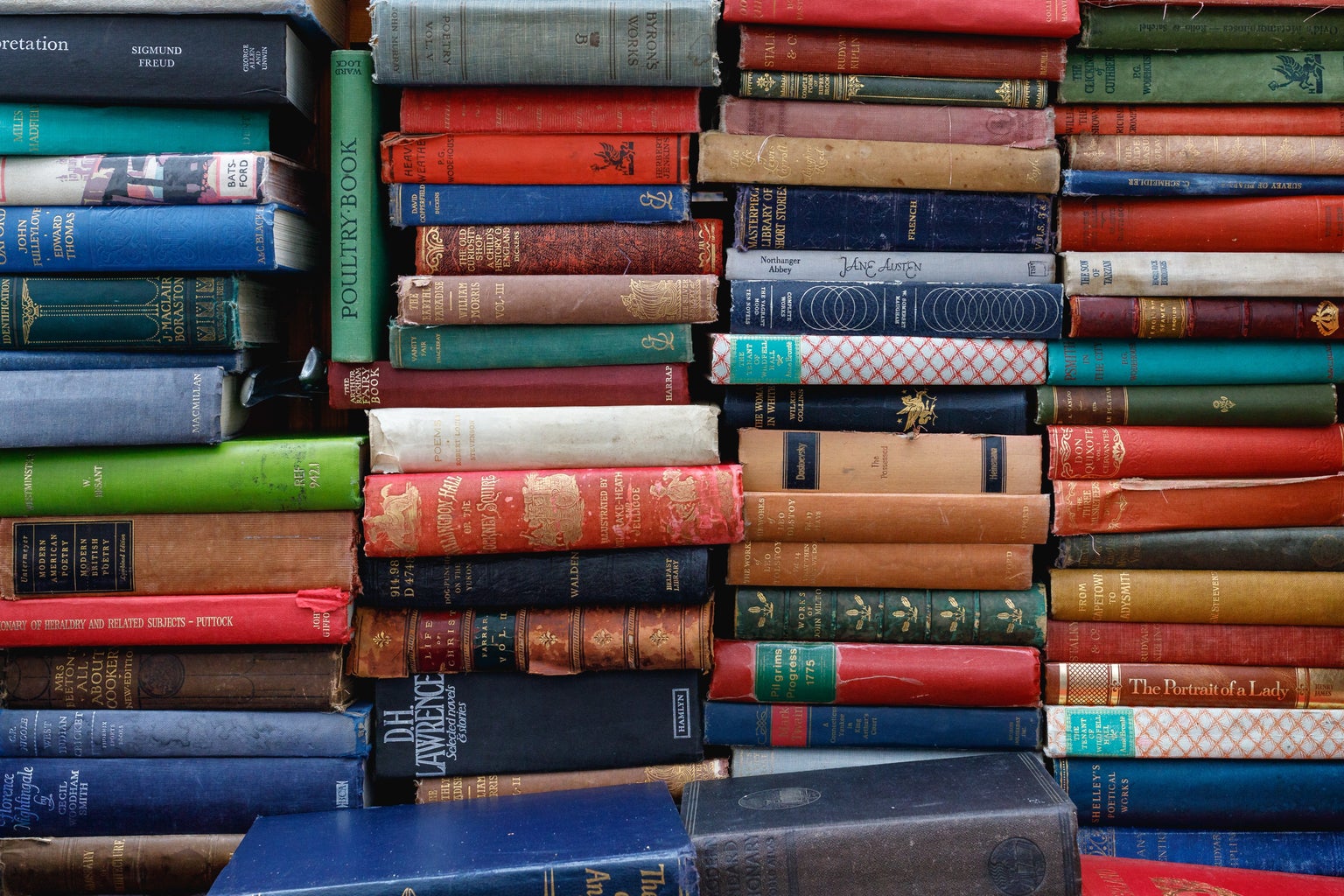I think one thing we all should reflect on, as students here at UC Berkeley, is the reason why we’re studying what we’re studying. When did you originally learn what you’re passionate about? For me, the reason is similar, I think, to most other literature students: I loved a book. Which book do you think it is? F. Scott Fitzgerald’s? James Joyce’s, perhaps? In all honesty, the book that originally made me want to study literature was Go, Dog. Go! by P.D. Eastman. Although it might not be particularly difficult for an experience to change your “whole” life at age 4, I would still contest that reading Go, Dog. Go! for the first time was life-changing. And so what makes Austen, Bronte, Caucher, or Dickens any better than Eastman anyways? What, really, is the point of attaching so much pretension to what we read?
Obviously, reading is immensely important. That shouldn’t mean that you can’t find enjoyment in it though. When we’re constantly fed the narrative that the only “valid” things to read are the longest, most complex pieces of literature, we aren’t making anyone better readers: we’re just making more people hate reading. Literature as an academic subject can be deeply harmful when there isn’t a genuine push against pretension. When we study literature, we’re hearing from an incredibly limited number of people – we’re hearing from the people that had the privilege of being listened to. Even now not everyone’s voice is heard, but in the 1500s, for example, only 11% of people were literate. When we so adamantly push the narrative that literary giants from the past are the only people worth reading, we’re not only being incredibly elitist, but also pretty hypocritical. In the 18th century, when novels were originally becoming popular, the public began to fear that they would warp a reader’s sense of reality. Something that we hold in high regard today was viewed as a waste of time a couple of centuries ago.
If society’s view on the things we enjoy is bound to change, why care? Why not just do the things that make us happy?
It’s also important not to get too caught up in the numbers. With influencers on TikTok and Youtube sharing their reading journey, it can be easy to compare yourself. Some people may be able to read 50 or even over 100 books in a year, but I think it becomes harmful to focus too much on these quantities. When people set yearly reading goals, or track the number of pages read per month, I think sometimes they’re setting themselves up for failure. It begins to shift the focus onto the numbers, rather than the letters. What I mean by this is that oftentimes when people become obsessed with reading as much as they possibly can, they often forget to analyze or engage with the text. I’ve certainly felt pressure to read large quantities of books, and I’ve found that it has not improved my ability to read or critically think whatsoever. It’s just caused me to forget more plotlines.
So read what you enjoy and don’t be ashamed. Read blog posts (please), and cheesy romance novels, and appreciate the art of a funny Instagram caption. Reading and writing do not have to be scary, intimidating feats and you shouldn’t feel as though you’re any less worthy if you aren’t able to read those long, complex texts that are lauded as classics. Can I tell you a secret? Sometimes I don’t like reading those things either. I don’t think that the things a person genuinely enjoys could be more or less valuable than the things someone else enjoys — do you really have a say over what you like anyways? Of course, it’s important to read your assigned readings and to deeply analyze the texts that you have for school, but I don’t think that’s the only important aspect of reading. After all, I’ve read hundreds of books at this point in my life, and will hopefully have the chance to read hundreds more. Even though I will be reading books written by some of the most famous literary figures in all of history, I can confidently say that the most important book I’ll ever read will always be the first book I loved when I was 4 years old and didn’t even know the word “literature.” What makes Great Expectations any better, really, than Go, Dog. Go! anyways, if the latter made such an important impact on my life?



